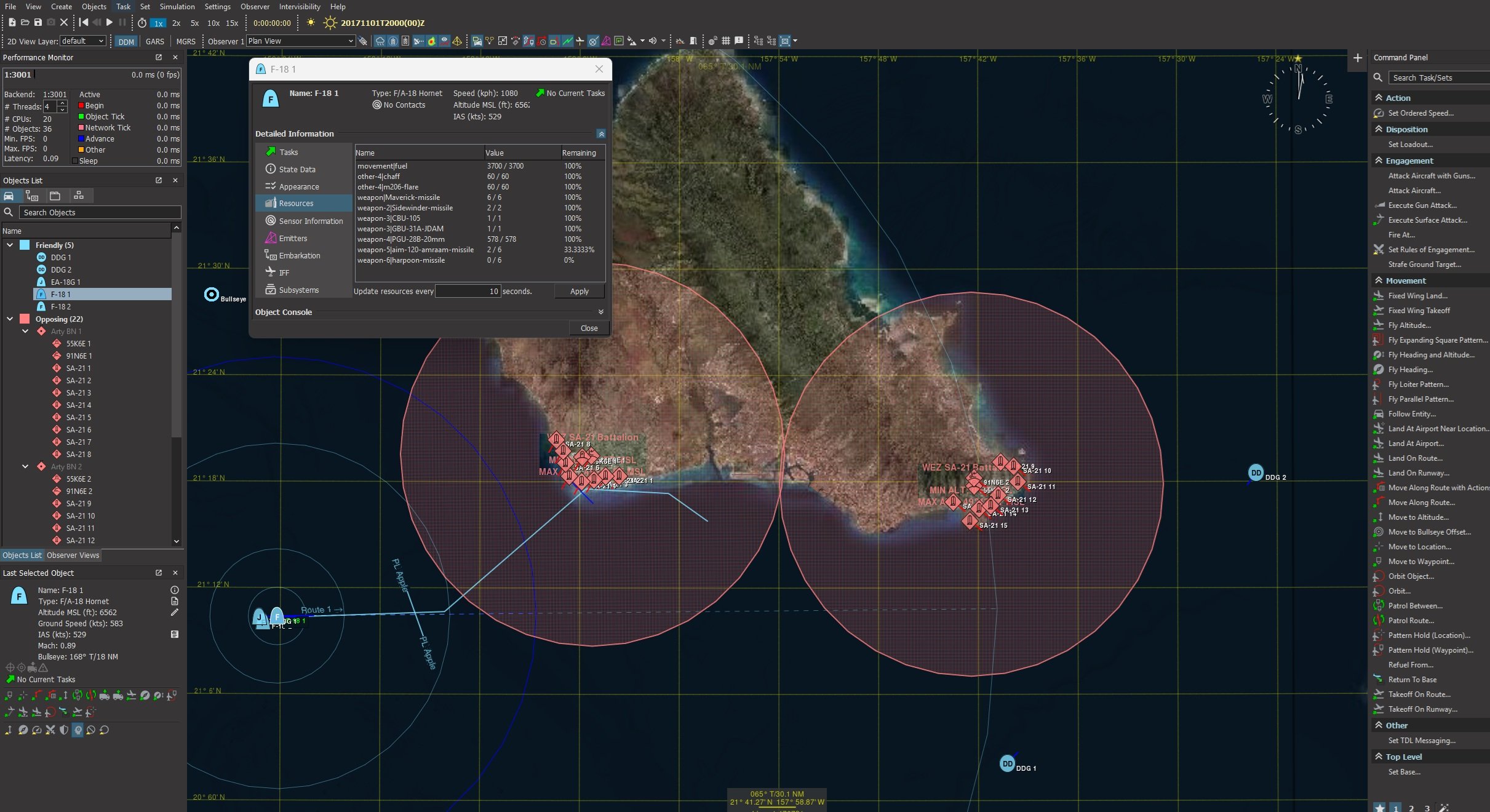By Dylan Malyasov
Copyright defence-blog

The UK Royal Air Force (RAF) has signed a multi-year enterprise agreement with ST Engineering Antycip to expand its use of advanced simulation technology. The agreement builds on a long-standing collaboration between the RAF and Antycip, Europe’s leading provider of simulation and virtual training solutions. It brings the company’s simulation expertise and the MAK ONE platform to RAF programmes, delivering a unified architecture for distributed training environments and supporting the service’s evolving operational needs. Supported by MAK Technologies — Antycip’s U.S.-based sister company — the agreement represents a step forward in the RAF’s broader modernization of collective training. By consolidating simulation capabilities under one enterprise framework, the service aims to enhance training realism, interoperability, and adaptability as it prepares for future operational challenges. A central feature of the agreement is the MAK ONE platform, a suite of simulation and development tools designed to allow RAF teams to build and adapt their own training environments. Its open, modular architecture gives the Ministry of Defence control over intellectual property and enables integration with a wide range of systems and technologies — a key factor in ensuring long-term operational sovereignty and interoperability with allies. Under the terms of the agreement, RAF personnel across multiple programmes will gain full access to the MAK ONE simulation suite, including delivery, deployment, and frontline support at various sites. This enterprise-wide access is expected to accelerate innovation in synthetic training and provide a consistent framework for future programmes. “This agreement represents a significant milestone in our collaboration with the RAF,” said Katie Howe, Senior Account Manager at Antycip. “It’s so much more than providing powerful tools, it’s about establishing a long-term, flexible simulation framework that evolves with the RAF’s operational ambitions.” The enterprise agreement also ensures cost-effective access to MAK’s suite of products, which are already widely used in the RAF’s synthetic training systems. Gp Capt Ruari Henderson-Begg, Chief Modelling and Simulation Officer (Air), said the arrangement will streamline access to critical software and support compliance with the UK’s Joint Service Publication 939 (JSP939) standards. “As MAK’s suite of products are widely used across Air’s suite of synthetic training systems, an enterprise agreement ensures cost-effective access to this core software for our users and supports development of JSP939-compliant software,” Henderson-Begg said. “Moreover, the flexible and comprehensive service offered by MAK and Antycip ensures that the service can grow with our needs and that users have access to the training they need to get the most out of each application.” Jim Kogler, Vice President of Products at MAK Technologies, highlighted the collaborative nature of the programme and its role in enabling an open, flexible training ecosystem. “We’re really proud to partner with the amazing team at Antycip to support the RAF’s evolving training mission through this enterprise agreement enabling a common, flexible synthetic architecture. Based on open APIs and open standards this allows best of breed solutions from all over the M&S space to work together to meet the RAF’s evolving needs.” The agreement also enables the RAF to standardise simulation architecture across existing and future training initiatives, including the Gladiator programme, which will now operate under the broader enterprise framework. By consolidating these capabilities, the RAF expects to reduce development timelines, improve collaboration, and deliver more realistic training scenarios across domains. ST Engineering Antycip specialises in immersive simulation and virtual reality solutions for the aerospace, defence, automotive, and academic sectors. The company says its focus on modular, scalable simulation architectures reflects a broader industry shift toward more agile, integrated training solutions that can evolve with operational demands.



